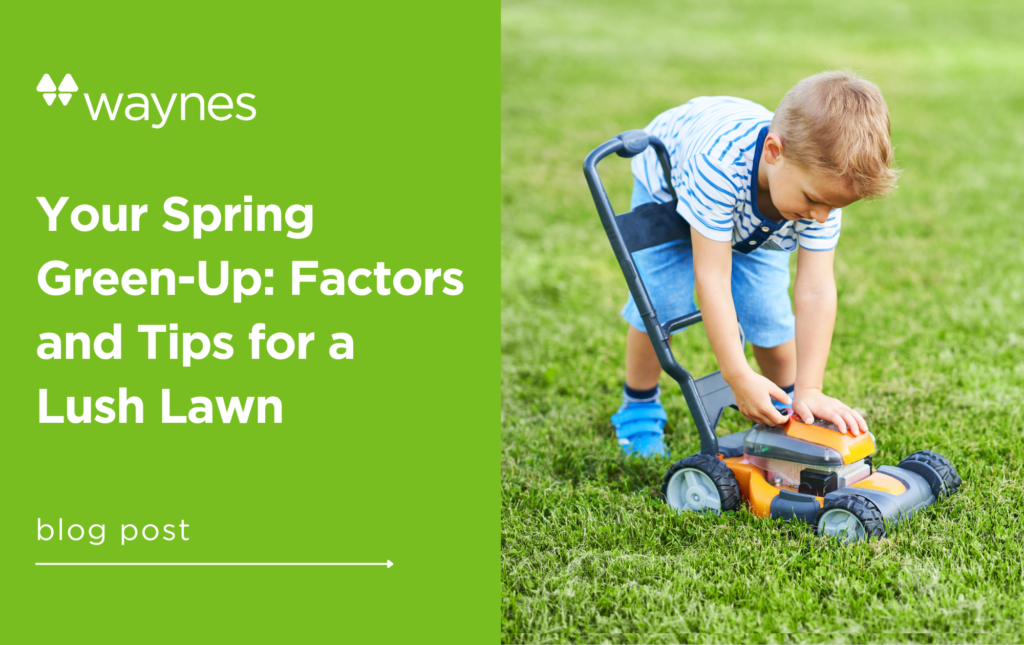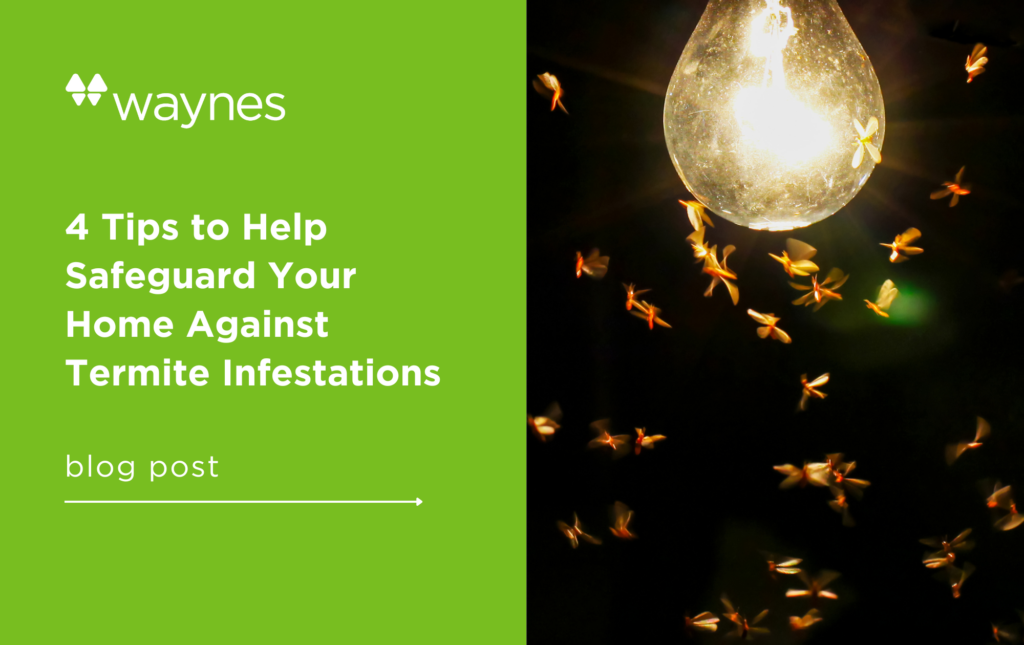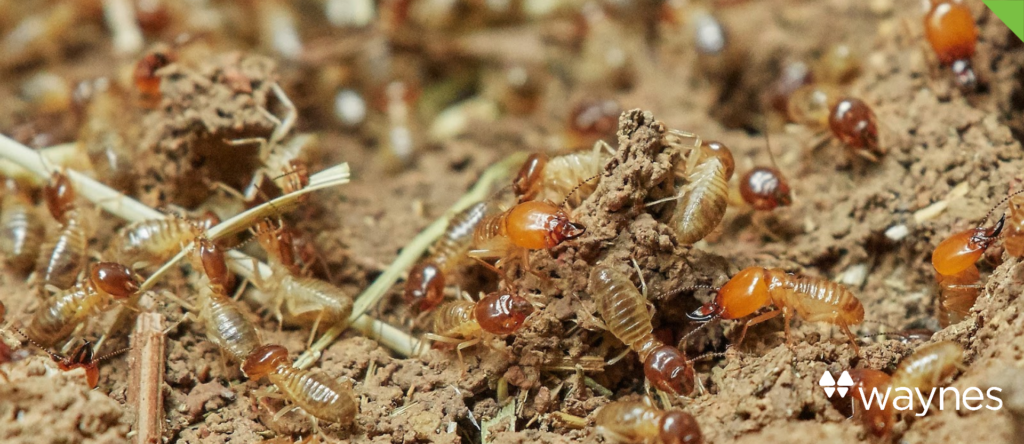Cooler weather brings disappointment as once lush lawns fade to brown. Warm weather grasses around the Southeast enter a stage of dormancy during the fall and winter months. As a result, lawns become less appealing brown. Most likely though, your lawn has not died. Rather, it’s just hibernating.
Why Does My Lawn Turn Brown When it Gets Cold?
Warm-weather grasses like Zoysia, Bermuda, and St. Augustine take the winter off, and their dormancy turns your lawn brown. Temperatures consistently below 65 degrees Fahrenheit move these grasses from caring for leaves to caring for roots.
A simple test of pulling on your turf can determine if your grass has entered this phase. If you pull on the grass and feel resistance, then your grass is simply bracing itself for winter. On the other hand, if the grass comes out freely, you may have a bigger problem.
For more information about what your lawn does in winter, check out this previous post.
Waynes is here to help with any lawn concern. Should you have any questions, you can always call Waynes at 866.WAYNES1 or contact us here!
Do I Need to Water My Lawn During the Winter?
Watering your lawn in winter is mostly not needed. Periodic rainfall is usually all your grass needs to survive winter and restart in the spring. You cannot water your lawn to green during winter if you have warm weather grasses.
Plus, overwatering in winter can cause your lawn more damage than good. The roots do not absorb as many nutrients in the winter, since they do not need to support the leaves. As a result, too much water around the roots can cause mold which will prevent the grass from coming back to life in the spring.
Also, freezing temperatures will cause excess water around the roots to freeze. This will kill your grass for sure.
Do I Need to Mow My Lawn When It Turns Brown?
Mowing your lawn during its hibernation is unnecessary. Because your grass focuses on caring for its root system, so the grass is not growing. That means that mowing it will not help it return to its green glory.
In fact, you can cause harm by mowing your grass during its dormant period. Mowing grass spreads clippings in bunches on the grass. This blocks sunlight to the roots and holds water that can cause mold or freeze. So, mowing becomes a danger to your lawn.
You should time your last mow toward the end of October. This way your lawn has shorter leaves. Short leaves equal less work for the roots in winter.
Instead of mowing, you can care for your lawn with regular raking. Raking eliminates piles of leaves and debris that holds water and blocks sunlight to the roots. The roots are the active system of the plant during winter. Creating a clean environment for those roots will help your lawn start strong in the spring.
Waynes is here to give your lawn the best chance for a spring start. Call us at 866-WAYNES1 to find out how we can help.
When Will My Grass Turn Green Again?
Between late March and early May, the temperatures should rise and bring the green back to your turf. The higher temperatures tell the grass to produce leaves. The roots begin to draw more nutrients, and your grass begins to look like it should.
Does My Lawn Need to Be Treated During the Winter?
Fertilizer in winter can be the most damaging thing to your warm-weather grass. The chemicals in fertilizer can hang around in the soil and burn the roots. Since the roots do not absorb as many nutrients, they do not need more food during this hibernation. They cannot use the additional nutrients of fertilizer in winter.
Timing is everything with fertilizers. The chemical makeup of fertilizers changes as the seasons do. So, you should time a last fertilization around right before cold weather sets in. This way, the roots are sure to have enough nutrients for winter and to sprout fast in spring.
Now, weeds do not stop in winter. Some pre-emergent weed killer can be helpful in January and April. This will eliminate competition around your grass’ roots. So, your grass will have a welcoming environment when it returns in spring without all those weeds.
For more about what you can do to help your lawn over winter check out this post.
Winter Lawn Care with Waynes
Waynes knows all about the lawn care treatment service needed for your lawn in every season. If you have questions about your lawn or want to make sure it’s ready to go into hibernation, contact us today!









